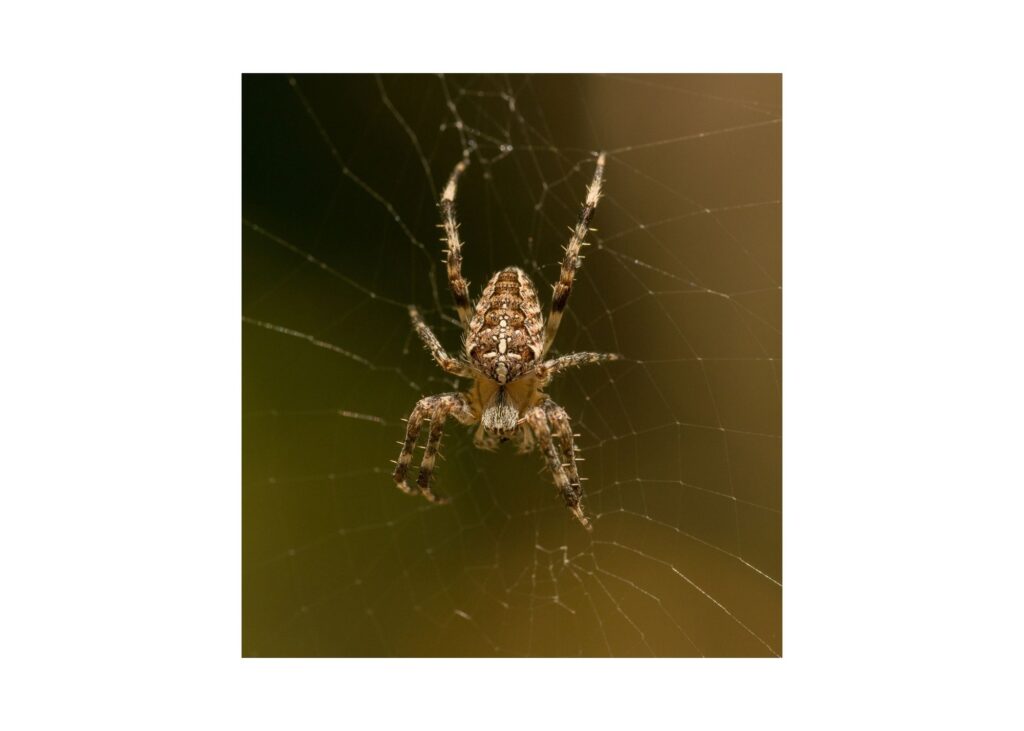
By Tom Dayton
In the early seventies when Congress passed the endangered species act the primary concern was saving the bald eagle from extinction even though other species were included. The importance of preventing extinction of any species may not be of interest to the general public.
Many plants, as well as other animals, owe their existence to the biodiversity from thousands of species. One example is the yellow swallow tail butterfly that pollinates the Flame azalea or Rhododendron calendulaceum as the anthers (male part) cannot pollinate the pistil (female part) as it is deep inside the flower. When the butterfly sucks the nectar deep inside the flower it inadvertently deposits the pollen on the pistil.
Bats are important for insect control. Studies show that one bat is able to devour 600 mosquitos an hour during the night.
For agriculture it was reported in Newsweek Magazine 20 years ago about a scientist looking for a bat cave. When asking a local farmer in Tennessee about them he replied “Them darn things.” Then finding the shells of potato beetles on the floor of the cave it was evident the bats were devouring the pests from the farmer’s potatoes. His attitude changed immediately from hearing the news and they became “his bats.”
In Mexico, bats are not revered and even some seek them out to burn them in their caves One crusader in Mexico blocks the entrance of their caves from humans to protect them. It seems the bats pollinate the Agave plant which then the fruits produce the main ingredient of Tequila.
More importantly, about 2½ million bats inhabit caves of 3 islands in Mexico to breed. Then when the corn on the mainland begins to tassel, the bats fly in to scoop up 20 tons of insects that would significantly reduce yields.
When speaking to ordinary people, the researcher asks what they think of bats and the answer is not favorable. When he explains that because of bats, Tequila and corn are possible and their attitudes change similar to the farmer from Tennessee.

Spiders are like the bats as it is thought that food production would drop by as much as one third due to their insect control. In fact, a ranger talk I heard in August of 2008 on Isle Royale in Lake Superior recited a study in the United Kingdom that calculates a spider living for one year and multiplied by millions, calculated the amount of insects destroyed would equal the weight of the entire population of the United Kingdom of 58 million!
Just a few examples how species benefit each other including humans.